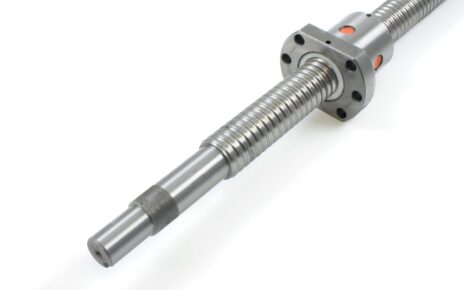Smart manufacturing is a very broad term that encapsulates a manufacturing process that runs on the aid of modern digital technology. It is not simply a production process that is computer powered, but for a business to be called ‘smart’ it needs to work with an entire ecosystem of such smart devices. The individual enablers are the elements that come together to define a situation of Smart Manufacturing.
Elements Of Smart Manufacturing:
- Artificial Intelligence and Machine learning empower computers to undertake predictable activities in the fields of automation and data research. As AI develops, it can better replace human labor, thus leading to mechanical efficiency. The key to improving machine learning is to feed it a lot of data so that it can hone its intelligence. In industrial settings, everything is done on a high scale, so the amount of data generated to feed into machine learning is also vast.
- Blockchain technology allows businesses a very secure and untraceable way of keeping track of their transactions. It is a very powerful tool for product identification, counterfeit detection, and positional tracking.
- The Industrial Internet of Things ensures a constant ecosystem of connected devices. These devices are highly advanced and can perfectly communicate data between each other.
- Robotics is an upcoming field. By creating machines to perform difficult and dynamic mechanical tasks, AI systems running on robots allow them a wide field of motions. The Automobile industry is one of the first proponents of using robotics in production processes.
- Due to all aspects of manufacturing being connected, one can perform constant and regular Condition Monitoring. Without smart technology, data about the condition of individual steps in the manufacturing process isn’t available. Easy and quick access to production data also allows for quick remedying. Such communication is empowered by Time Sensitive networking or TSN technology.
- Cybersecurity has become a very serious concern for businesses, due to the digital transition. Even the best Smart manufacturing processes are useless if they are vulnerable to external cyber-attacks. Ill-intentioned hackers have the ability to adversely hamper and incapacitate critical production lines.
By having a strong grasp of how Smart Manufacturing operates, businesses can introduce robust interrelated smart networks or even strengthen their preexisting ecosystems. It is necessary to recognize the role that technology is playing, even in the Industrial field. Any businesses that fail to adapt, will surely fail to survive.





